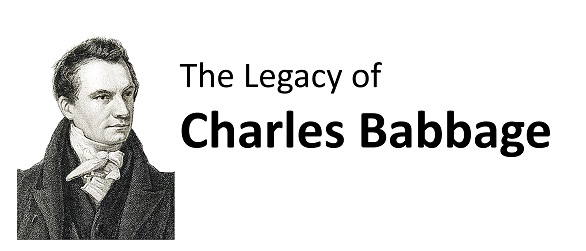
Although best known for the invention of the first mechanical computer, Charles Babbage also carried out important studies of the new economics and management practices of the Industrial Revolution.
Motivated by the challenges of developing his ‘Difference Engine’, Babbage set about investigating the organisation of factories and use of new production technologies. In doing so, Babbage made important contributions to our understanding of the economic forces which catalyse technological innovation and drive the development of new manufacturing capabilities.
The first scholar of industrial revolutions
In his influential book, On the Economy of Machinery and Manufactures (1832), Babbage provides detailed observations and proposes novel principles related to the ‘new system of manufacturing’, derived from his study of workshops and factories across Britain and Europe.
Of particular note is Babbage’s scientific approach to studying the economics of emerging manufacturing activities, organisations and practices of the Industrial Revolution. Babbage methodically classified new production processes and machine tools; systematically described the organisation of workshops and factories; and carefully analysed the division of labour among workers, and measured their productivity.
Charles Babbage and the Fourth Industrial Revolution
Today, manufacturing is experiencing a new industrial revolution. New digital technologies and advanced materials are radically altering the ways firms make things, and even how they innovate. In an era of ever more complex, distributed and interdependent supply chains, new ICT and data analysis tools offer radically new ways to organise and manage manufacturing.
As in Babbage’s day, firms are experimenting with new production technologies, new manufacturing operations, and new business models. But, once again, it is not yet clear which approaches will be most effective, or how value-added will be distributed across production networks. It is not yet clear which innovations and manufacturing capabilities will determine competitive advantage in the ‘Fourth Industrial Revolution’.
A Babbagian research agenda
In an era of radically new advanced materials, disruptive production technologies, and industrial digitalisation, it will become increasingly important to take a Babbagian approach to studying emerging technologies and industrial change.
More than ever, there is a need for a (science and technology-informed) empirical approach to studying the new divisions of labour, the new organisation of factories and value chains, and the new technical capabilities offering productive advantage to firms and nations.
The legacy of Charles Babbage – scientist, engineer, operations management scholar and political economist - should continue to inspire.










